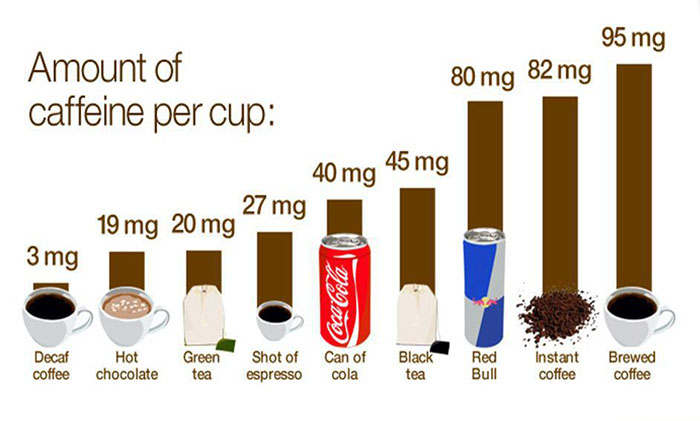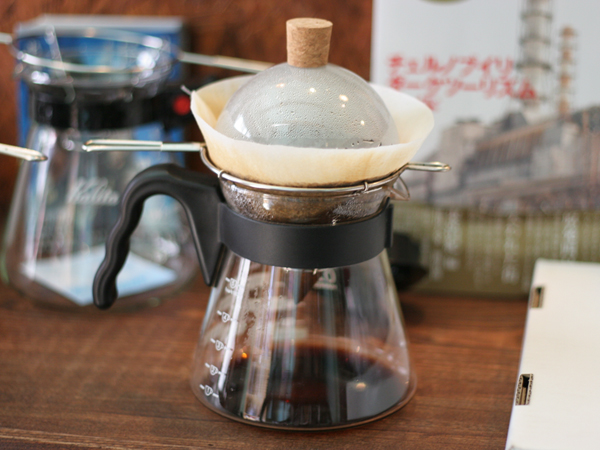Caffeinated drinks are harmful to the growth of teenagers, and the British and new governments suggest that consumption be reduced or even avoided.

Professional coffee knowledge exchange more coffee bean information please follow the coffee workshop (Wechat official account cafe_style)
Caffeine (Caffeine) is known to be refreshing, and caffeine is found in many drinks, such as coffee, refreshing drinks, tea, and even sodas. However, the bodies of children and adolescents are in the stage of development, and excessive caffeine intake is detrimental to growth. It is recommended that adolescent children consume no more than 100mg (mg) of caffeine a day.
Reason 1: caffeine may affect bone development
Bone cells can be roughly divided into two types, one is "osteoblasts" (Osteoblast,OB), which are responsible for producing new bones, and the other is "osteoclasts" (Osteoclast,OC), which break down bone and release calcium into the bloodstream for use by body cells. When "osteoblasts" are more active than "osteoclasts", the body will continue to produce healthy and strong bones; on the contrary, bone will slowly lose. Studies have confirmed that caffeine can stimulate the activity of "osteoclasts" and promote the release of bone calcium into the blood, so teenagers drinking coffee will affect bone development.
Reason 2: caffeine is not good for children's cardiovascular development.
Caffeine has the effect of activating the sympathetic nerve, resulting in a short-term increase in hypertension, which has a negative effect on teenagers during their growth. The study found that teenagers who are used to drinking caffeinated drinks such as pick-me-up drinks and coffee generally have higher blood pressure than other teenagers who have no drinking habits, and have a significantly higher risk of developing high blood pressure in the future.
So, what is the daily limit of caffeine intake for minors?

According to the guidelines of the British Food Standards Agency (The UK Food Standards Agency) and Mayo Clinic, the daily intake of children and young people should be limited to less than 100mg (mg), that is, about one small cup of coffee; pregnant women should not exceed 200mg (mg), that is, about two small cups of coffee; and adults, 400mg (mg), that is, about four small cups of coffee or two refreshing drinks.
The Ministry of Health of New Zealand further recommends that children under the age of 12 avoid drinking pick-me-up drinks as far as possible to avoid a sudden rise in caffeine levels in the blood that may cause harm to children.
Source:The UK Food Standards Agency,Mayo Clinic,New Zealand Herald,BBC
END
Important Notice :
前街咖啡 FrontStreet Coffee has moved to new addredd:
FrontStreet Coffee Address: 315,Donghua East Road,GuangZhou
Tel:020 38364473
- Prev

Can coffee be decaffeinated? Is decaffeinated coffee really decaf?
Professional coffee knowledge exchange more coffee bean information Please pay attention to the coffee workshop (Wechat official account cafe_style) you should know the food you should know, in addition to choosing beans with low caffeine content, such as Arabica beans, current food processing technology can greatly reduce the caffeine content of coffee, there are three main ways: solvent washing, Swiss water washing, and supercritical extraction.
- Next

Japanese traditional hand flush genre-"Matsuya hand flush" extraction concept explanation _ Matsuya hand flush how to flush
Professional coffee knowledge exchange more coffee bean information please follow the coffee workshop (Wechat official account cafe_style) usually listen to a lot of one knife, three knife flow, today to introduce to you a relatively strange traditional Japanese style hand flush genre Matsushita hand flush is invented by Matsushita in 1962. He has developed a filter that will not interfere with the expansion of the powder layer.
Related
- Beginners will see the "Coffee pull flower" guide!
- What is the difference between ice blog purified milk and ordinary milk coffee?
- Why is the Philippines the largest producer of crops in Liberia?
- For coffee extraction, should the fine powder be retained?
- How does extracted espresso fill pressed powder? How much strength does it take to press the powder?
- How to make jasmine cold extract coffee? Is the jasmine + latte good?
- Will this little toy really make the coffee taste better? How does Lily Drip affect coffee extraction?
- Will the action of slapping the filter cup also affect coffee extraction?
- What's the difference between powder-to-water ratio and powder-to-liquid ratio?
- What is the Ethiopian local species? What does it have to do with Heirloom native species?

